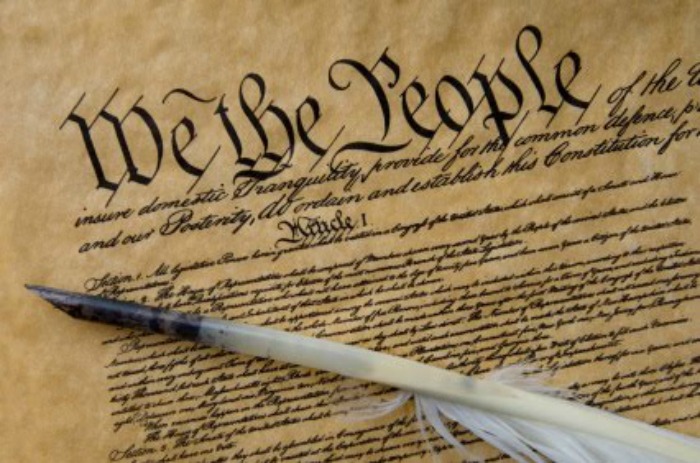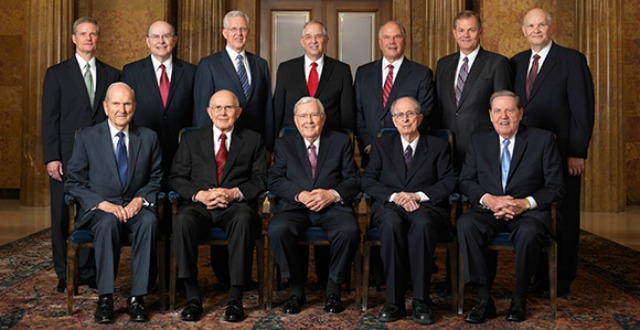Question
Gramps,
In these days we often see the increasing corruption of government, the infringement of rights and a disregard of the constitution by our country’s leaders. Many of our God-given liberties and freedoms are being threatened, including our freedom to worship freely. Assuming things continue to worsen, at what point are we going to be odds with the 12th Article of Faith? We believe in being subject to presidents and obeying, honoring and sustaining the law. What if that law works against our religious freedom or forces us to sustain an immoral practice. Are there any circumstances where the Church would stand against Federal or state law when it comes to our freedom and morality?
Matthew
Answer
Dear Matthew,
“The Book of Mormon narrative is a chronicle of nations long since gone. But in its descriptions of the problems of today’s society, it is as current as the morning newspaper and much more definitive, inspired, and inspiring concerning the solutions of those problems.”
“The First Presidency has for many years taught that undocumented status should not by itself prevent an otherwise worthy Church member from entering the temple or being ordained to the priesthood.”
“We believe in being subject to kings, presidents, rulers, and magistrates, in obeying honoring, and sustaining the law.”
It seems to me that [D&C 98:4–7, 10–11] makes this matter so clear that it is not possible for any man who professes to be a member of the Church of Jesus Christ of Latter-day Saints to make any mistake, or to be in doubt as to the course he should pursue under the command of God in relation to the observance of the laws of the land. [God] will hold [lawmakers] responsible if they will pass unconstitutional measures and frame unjust and proscriptive laws. . . If lawmakers have a mind to violate their oath, break their covenants and their faith with the people, and depart from the provisions of the constitution, where is the law, human or divine, which binds me, as an individual, to outwardly and openly proclaim my acceptance of their acts?(Gospel Doctrine Sermons & Writings of Joseph F. Smith. New York: Deseret Books, 1999. Print.).
Taking this nation as an example, all laws that are proper and correct, and all obligations entered into which are not violative of the Constitution should be kept inviolate. But if they are violative of the Constitution, then the compact between the rulers and the ruled is broken and the obligation ceases to be binding. Just as a person agreeing to purchase anything and to pay a certain amount for it, if he receives the article bargained for, and does not pay its price, he violates his contract; but if he does not receive the article he is not required to pay for it (Taylor, John. Journal of Discourse. Vol. 26. 1884: 350. Print.).
In it is a declaration requiring obedience, loyalty to, and respect for duly constituted laws and the officials administering those laws. In justifying such loyal compliance, however, the Lord also promulgated certain safeguards and conditions which must be observed if freedom and liberty are to be preserved and enjoyed. These are emphasized in primarily in the 98th and 134th sections of the Doctrine and Covenants (Benson, Ezra Taft. God, Family, Country: Our Three Great Loyalties. Salt Lake City: Deseret Book, 1974. Print. Pg. 277).
Gramps







